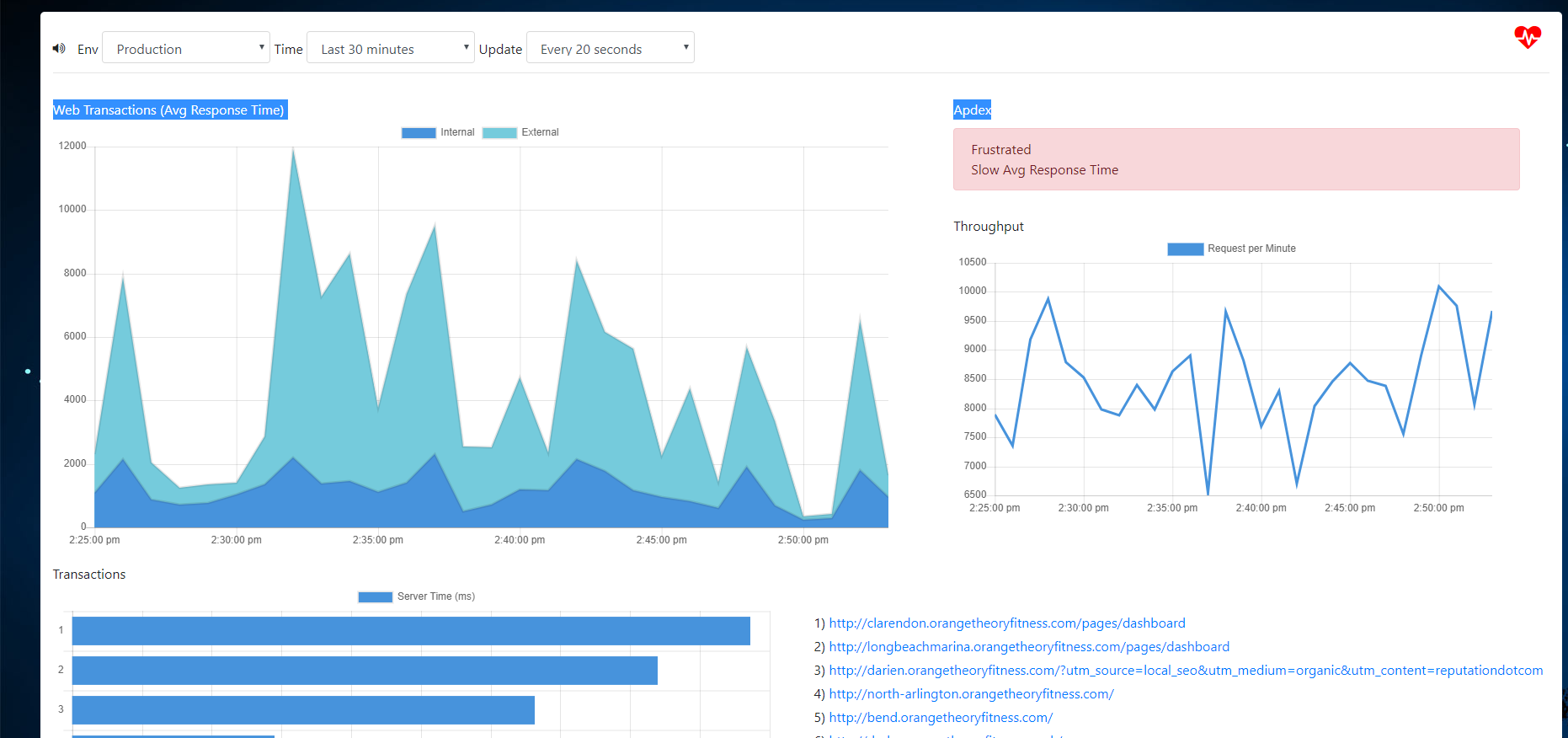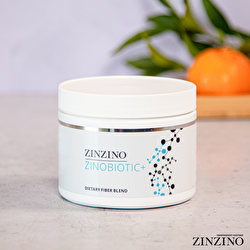
Probiotics vs. Prebiotics: The Ultimate Guide
Taking care of our gut health is crucial for overall well-being. A healthy gut microbiome, the community of microorganisms residing in our gut, plays a vital role in maintaining a strong immune system and a healthy mind. When our gut is thriving, we experience increased energy levels, improved focus, better weight management, and a greater sense of motivation to pursue our interests, goals, and dreams. In this ultimate guide, we will explore the importance of probiotics and prebiotics in establishing and maintaining a healthy gut.
"Hey there, just a heads up that some of the links on my blog are affiliate links. So if you end up clicking on a link and making a purchase, I may earn a little commission – but don't worry, it won't cost you a cent extra!"
Recognizing the Warning Signals of An Unhealthy Microbiome
Gas, bloating, indigestion, irritable bowel syndrome (IBS), small intestinal bacterial overgrowth (SIBO), fatigue, brain fog, weakened immune system, abdominal cramping, constipation, diarrhea, and mucus in the stool are all warning signs of an unhealthy gut microbiome, known as dysbiosis. These symptoms can significantly impact our daily lives and overall well-being.
What Are Probiotics?
Think of probiotics as new neighbors moving into your gut from out of state. These live bacteria cultures add diversity to your gut microbiome, enhancing its overall health and functionality. Probiotics offer numerous benefits, including improved digestion, enhanced nutrient absorption, strengthened immune system, reduced inflammation, and better mental well-being.
Foods Rich in Probiotics
To incorporate more probiotics into your diet, consider consuming the following foods:
- Yogurt: Opt for plain, unsweetened yogurt with live active cultures.
- Kefir: A fermented milk drink rich in probiotics.
- Sauerkraut: Fermented cabbage that provides a natural source of probiotics.
- Kimchi: A spicy Korean side dish made from fermented vegetables.
- Kombucha: A fermented tea beverage with probiotic benefits.
- Tempeh: Fermented soybean product that contains beneficial bacteria.
If you're looking for a good supplement, I recommend the Raw Probiotics Ultimate Care.
What Are Prebiotics?
I like to think of prebiotics as the food for all the new and old neighbors residing in your gut. These dietary fibers provide the necessary nourishment for the beneficial bacteria to grow, multiply, and thrive. Prebiotics offer a range of health benefits, including support for healthy blood sugar and cholesterol levels, a strengthened immune system, improved mood, and reduced inflammation. Interestingly, prebiotics also contribute to better serotonin production, which can enhance mood and overall well-being. Lastly, when prebiotic fibers are digested, they create butyric acid—a substance that repairs the gut lining, reduces inflammation, and provides energy for cells to function optimally.
Food Sources of Prebiotics
To increase your prebiotic intake, include the following foods in your diet:
- Asparagus
- Banana
- Garlic
- Onion
- Oats
- Berries
- Jerusalem artichokes
Discover Dietary Fibers for Optimal Gut Health
Eating more foods containing prebiotic fibers is a wonderful way to get started, however, if you're interested in incorporating a powerful blend of dietary fibers to support your gut health, consider exploring my recommended blend here. This carefully formulated blend combines a blend of resistant starches and various fibers to provide comprehensive nourishment for your gut microbiome. Or check out my FREE Recommended Supplement Guide to see what else could benefit you.
When to Take Probiotics and Prebiotics?
Many experts recommend taking probiotics before bed or first thing in the morning. Either way, they work best on an empty stomach. I recommend taking the above prebiotic fiber blend with one meal a day. However, it's best to start with only a small amount and then work up to a full scoop because the introduction of new fibers can cause a little gas if you're not used to it. If you want to further eliminate any risk of gas, take it with your evening meal. Since you and your GI tract will be resting soon, this can help eliminate any discomfort.
The Final Word
Our gut health is a key factor in our overall well-being. Prioritizing both probiotics and prebiotics allows us to establish a flourishing gut microbiome. Probiotics introduce beneficial bacteria, while prebiotics provide nourishment for their growth and multiplication. By embracing this holistic approach, we can experience increased energy, improved focus, better weight management, and overall vitality.
Let's prioritize our gut health and embark on a journey toward a vibrant and fulfilling life!
I'd love to hear if you found this helpful and if you want to read more content like this. Let me know in that chat, or join the private Facebook community to keep the conversation going.
